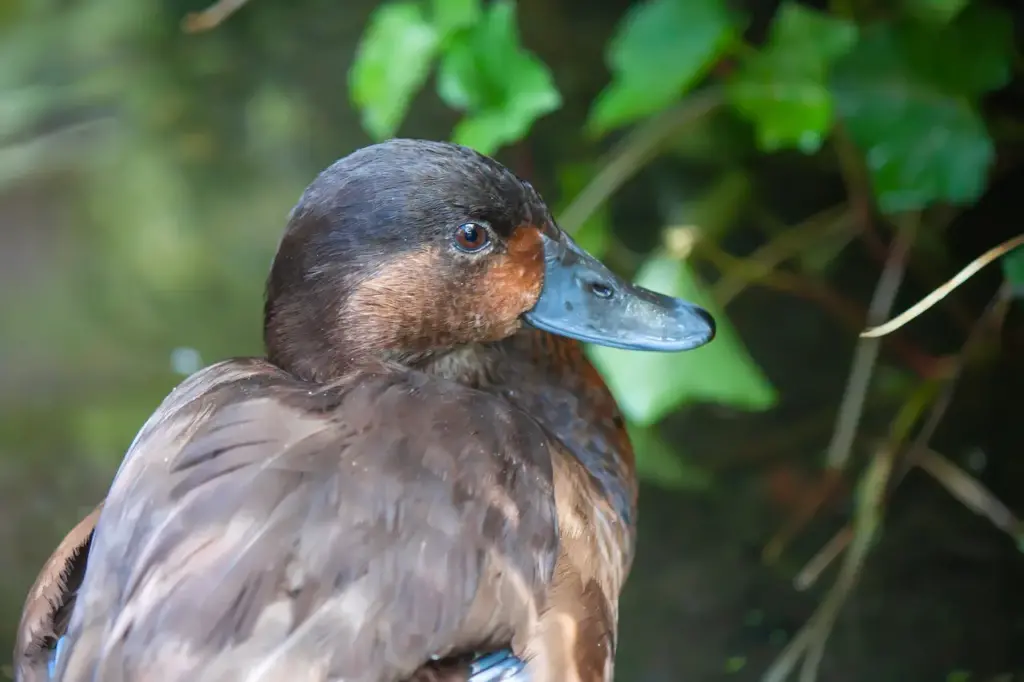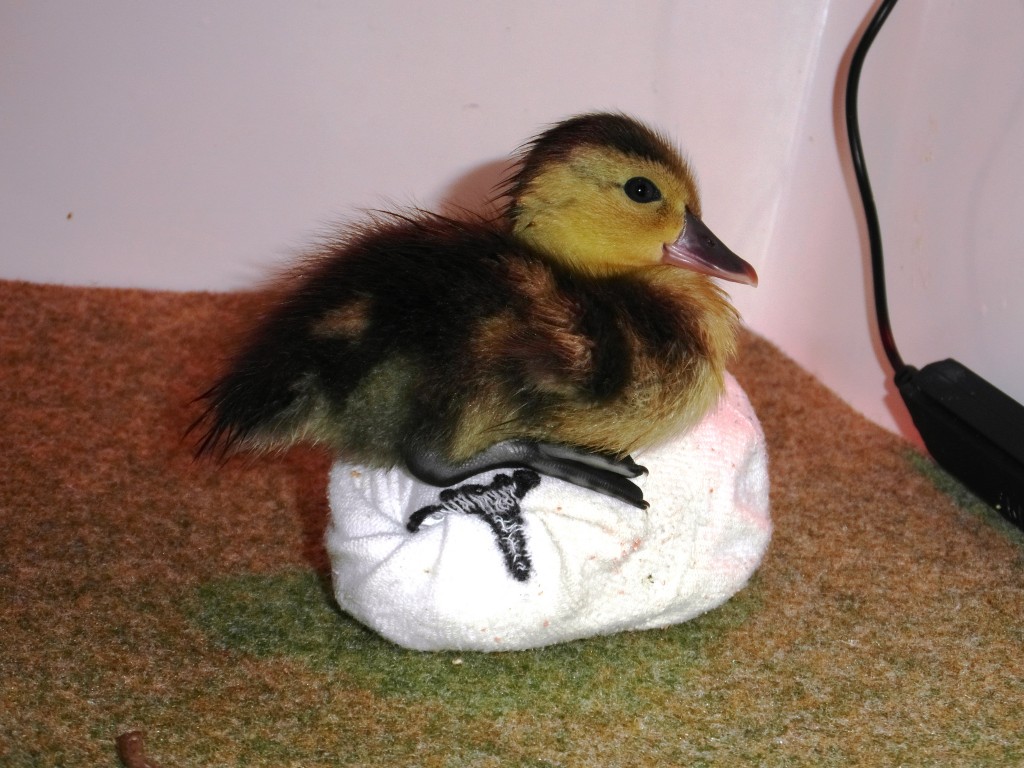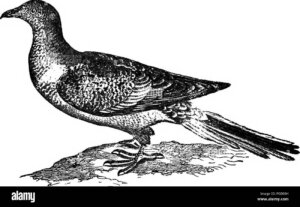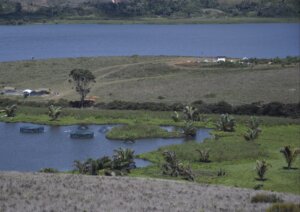Madagascar Pochards Health Problems: Addressing Conservation Challenges
Madagascar Pochards are rare diving ducks found in Madagascar. These birds face many health challenges in the wild.
Understanding the health problems of Madagascar Pochards is crucial for their survival. These ducks are endangered, making their well-being even more important. Various factors, including habitat loss and pollution, contribute to their health issues. Poor water quality and limited food sources also impact their health.
Conservationists work hard to protect these ducks and address their health problems. This blog will explore the main health issues facing Madagascar Pochards. It will also highlight efforts to improve their living conditions. Join us as we delve into the challenges and solutions to help these unique birds thrive.

Credit: www.researchgate.net
Introduction To Madagascar Pochards
The Madagascar Pochard is one of the world’s rarest ducks. This bird is on the brink of extinction. It faces numerous health problems. Understanding these issues can help in their conservation.
Species Overview
The Madagascar Pochard, scientifically known as Aythya innotata, is a diving duck. It has a chestnut-brown body with a white belly. Males have a glossy green head, while females have a more subdued brown color. This species is critically endangered.
Habitat And Distribution
Madagascar Pochards are found in Madagascar. They live in freshwater lakes and marshes. Their habitat is shrinking due to human activities. This loss of habitat is a major threat to their survival. Conservation efforts are ongoing to protect these areas.

Credit: earthlife.net
Key Health Problems
The Madagascar Pochard is a rare diving duck. It faces many health problems. These health issues threaten its survival. Understanding these problems is key to conservation efforts. Let’s delve into the key health issues affecting this species.
Common Diseases
Madagascar Pochards suffer from various diseases. Avian influenza is a major concern. This disease spreads quickly among birds. It leads to high mortality rates. Another common disease is botulism. It is caused by bacteria in water. This condition paralyzes the birds. Without treatment, they die.
Parasites also pose a threat. Intestinal worms can cause malnutrition. These worms live in the bird’s digestive system. They steal nutrients from the host. This weakens the bird over time. Skin mites are another issue. They cause itching and discomfort. Infected birds often lose feathers. This affects their ability to stay warm.
Impact On Population
Health problems have a direct impact on population. Diseases reduce the number of healthy birds. This makes reproduction difficult. With fewer healthy birds, breeding success drops. This leads to a smaller population over time.
Parasites also affect the population. Infected birds are weaker. They are less likely to survive. This reduces the overall number of birds. Conservation efforts are crucial. They help manage these health problems. They aim to increase the population of Madagascar Pochards.
Conservation Efforts
Madagascar Pochards are critically endangered. Conservation efforts are crucial for their survival. These efforts focus on breeding programs and habitat restoration.
Breeding Programs
Breeding programs are essential for Madagascar Pochards. These programs help increase their population. Zoos and conservation centers collaborate for breeding.
Experts monitor each breeding pair. They ensure the birds are healthy and well-cared for. The chicks are raised in safe environments. This increases their chances of survival.
Here is a summary of key points:
- Breeding programs increase population
- Collaboration between zoos and conservation centers
- Expert monitoring of breeding pairs
- Safe environments for raising chicks
Habitat Restoration
Madagascar Pochards need specific habitats to thrive. Conservationists work on restoring these habitats. They focus on lakes and wetlands.
Restoration involves cleaning polluted waters. It also includes planting native vegetation. This provides food and shelter for the birds.
Local communities are involved in these efforts. They help maintain and protect the restored habitats.
Key steps in habitat restoration:
- Cleaning polluted waters
- Planting native vegetation
- Involving local communities
- Maintaining and protecting habitats
Breeding programs and habitat restoration are vital. They ensure the survival of Madagascar Pochards. These efforts give hope for their future.

Credit: www.wwt.org.uk
Future Challenges
The Madagascar Pochard, the world’s rarest duck, faces many health challenges. Future challenges are critical to ensuring their survival. Let’s explore the key issues they might face.
Climate Change Impact
Climate change poses a significant threat to Madagascar Pochards. Warmer temperatures can alter their habitats. This can affect their food sources. Changes in rainfall patterns can also impact their breeding sites. Droughts can reduce the availability of freshwater. Floods can destroy nests and eggs. These changes make it hard for the ducks to thrive.
Sustainability Of Efforts
Conservation efforts must be sustainable. Short-term solutions are not enough. Long-term plans need continuous support. This includes funding and community involvement. Without these, the Pochards’ future remains uncertain. Education and awareness are crucial. Local communities must understand the importance of these ducks. Only then can efforts to save them be successful.
Frequently Asked Questions
What Are Common Health Issues In Madagascar Pochards?
Madagascar Pochards often face respiratory infections, parasitic infestations, and malnutrition. Poor water quality can exacerbate these issues. Regular health monitoring is crucial.
How Can Respiratory Infections Affect Pochards?
Respiratory infections can cause breathing difficulties, lethargy, and reduced appetite in Pochards. Prompt veterinary care is essential to prevent complications.
What Parasites Commonly Infest Madagascar Pochards?
Common parasites in Madagascar Pochards include lice, mites, and intestinal worms. Regular deworming and habitat cleanliness can help manage infestations.
How Does Malnutrition Impact Madagascar Pochards?
Malnutrition can weaken the immune system, reducing the birds’ ability to fight infections. Providing a balanced diet is vital for their health.
Conclusion
Madagascar Pochards face many health challenges. Conservation efforts remain crucial for their survival. Healthy habitats and careful monitoring can make a big difference. Support from local communities is vital. Protecting these rare ducks ensures biodiversity. Each step counts. Every effort helps preserve this unique species.
Together, we can make an impact. Let’s work to secure a future for Madagascar Pochards. Their survival depends on our actions. Keep learning and stay involved in conservation. Your support matters.
Hello Dear, I'm Poli Kolymnia, owner of many birds (including budgies).
With a deep passion for these feathered companions, I'm here to share my expertise and extensive knowledge on birds care.
My articles cover essential topics like diet, housing, care, and health, providing practical tips to help you create a happy and thriving environment for your birds.





